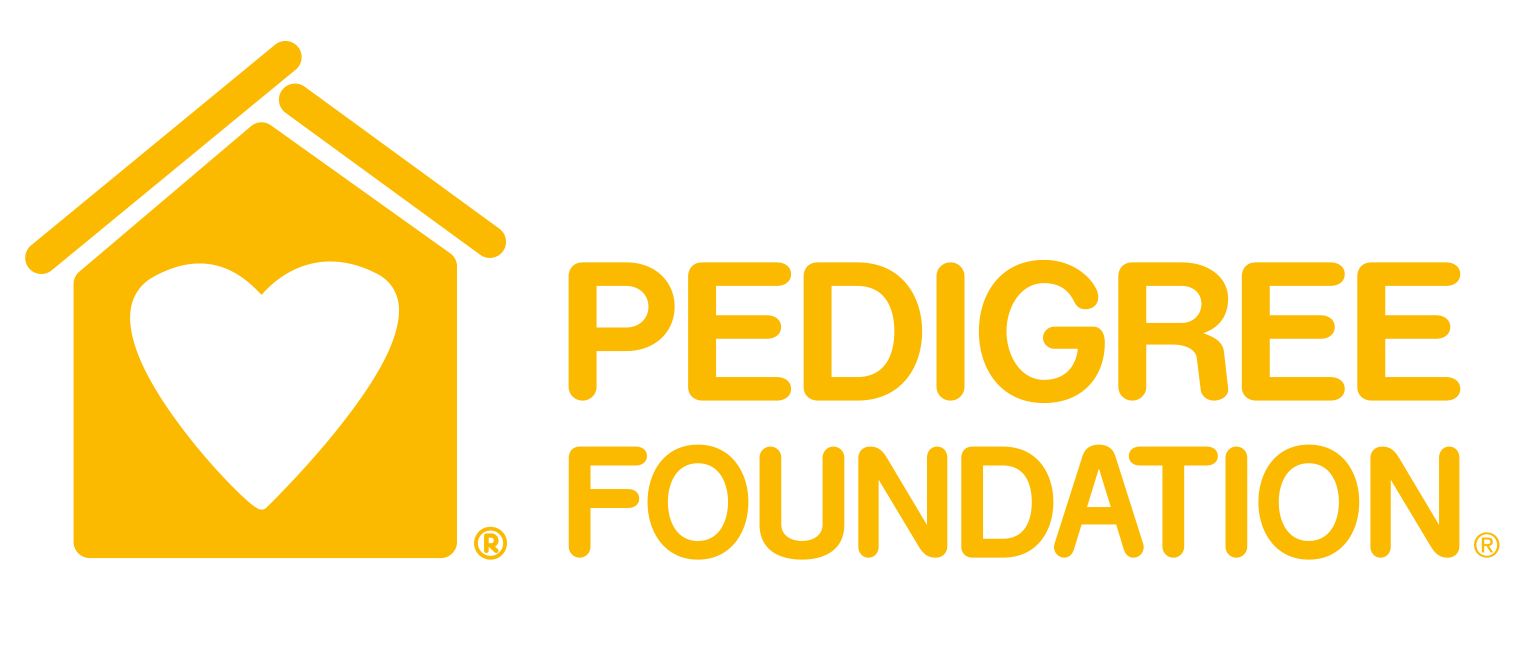Last summer, we gave you 12 tips for managing intake during a space crisis. With summer approaching again, these tips should be front of mind as your shelter prepares for the seasonal influx of kittens, puppies, dogs, and cats—or if you’re already getting full.
But what can you do to prevent a space crisis before it happens, or to help prevent a space crisis from becoming worse?
That’s where these five tips aimed at keeping families together come in.
Supporting families in your community not only keeps people and pets together but also prevents pets from unnecessarily entering the shelter, when they can instead be home with the people who love them.
Expand your temporary foster program.
Does your organization have a program to offer emergency fostering to pet owners facing short-term crises (say, for up to three months)? If not, start one—then build it out so that more members of your community who are hospitalized, evicted, leaving domestic violence, or facing some other circumstance that leaves them temporarily unable to care for their pets, will have safe options other than surrendering their animals to the shelter.
Catalog and map the support services that are currently available in your community.
Your community’s pet food banks, free and low cost veterinary services, and other safety net support, are only valuable if people are able to find and access them. Give people the tools and information they need to stop the unnecessary flow of loved and cared-for animals coming into our shelters.
Provide financial support or help owners obtain financial support for medical emergencies that will result in pet surrender if not treated.
Also be sure to pursue avenues to provide public or external facing medical care. Treating owned pets means families are preserved—and loved pets aren’t coming into the shelter.
Build and fix fences, and forgive reclaim fees.
A broken fence can mean someone’s dog slipping out, getting picked up and brought to the shelter. If the owner manages to locate their dog at the shelter, they may then face steep reclaim fees which can prevent families from being reunited and means that pet is your new resident. Help prevent dogs from getting loose in the first place by building and fixing community members’ fences. Forgive reclaim fees for pets who do get out.
Form partnerships with organizations that will help provide resources and solutions to community needs.
When animal services agencies connect with other organizations, both benefit to better support people and pets where they live—and helps ensure families receive the support to stay together, so pets are home with their families and not in your shelter. Check out the HASS Community Partnerships toolkit for great info about how to build these important relationships with other animal and human services organizations.
Keep an eye on the Human Animal Support Services blog and social media for more great info on preventing or managing a space crisis by supporting your community.








